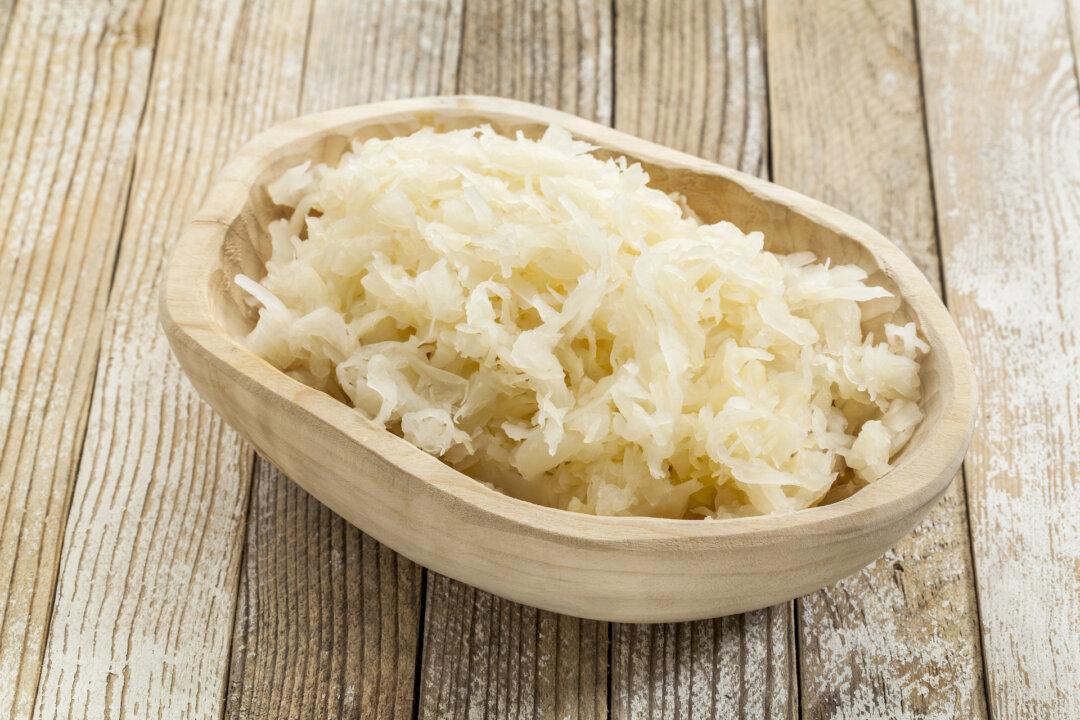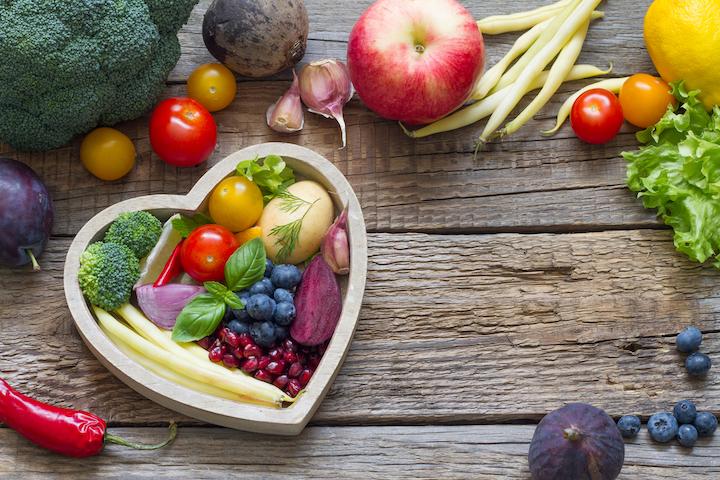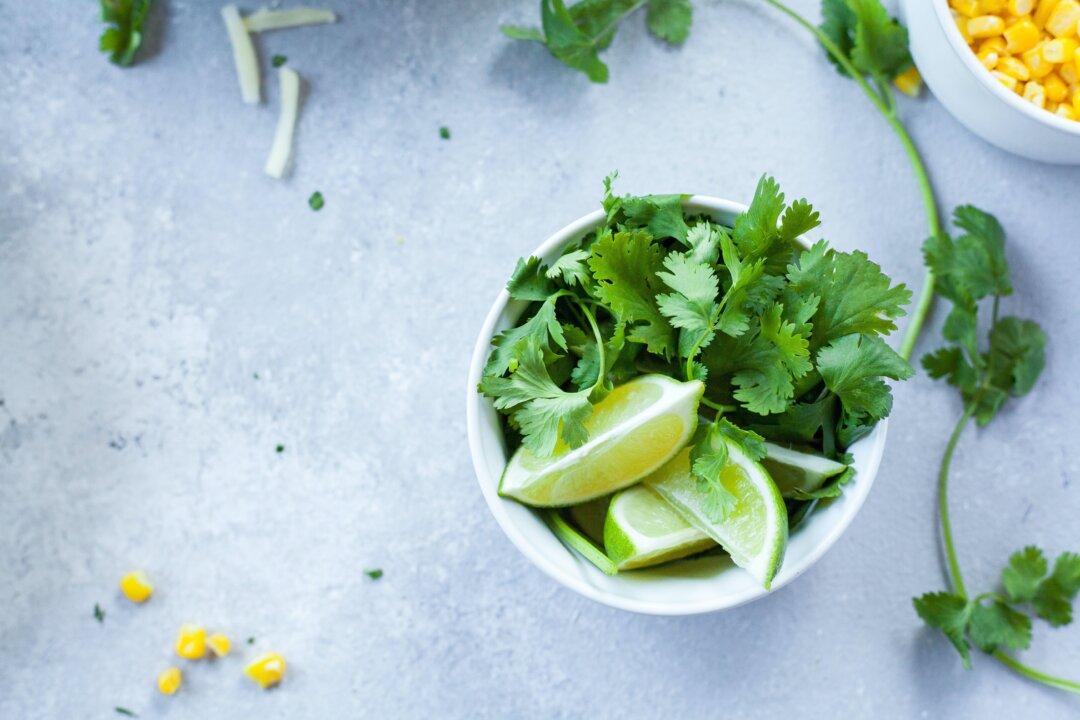The idiom, “you are what you eat,” is well accepted when it comes to increasing or decreasing your risk for heart disease, Type 2 diabetes, obesity, and some types of cancer. But it may come as a surprise that research increasingly suggests that what you put on your plate can either increase or decrease pain that stems from osteoarthritis, fibromyalgia, bursitis, migraines, and even potentially impact chronic lower back pain. That’s because pain, whether it’s acute or chronic, results from inflammation, and what you eat and drink can either stimulate or quell inflammation. In fact, research strongly suggests that your diet can contribute to inflammation throughout your body.
The Diet and Pain Connection
While research shows a connection between diet and pain, exactly how it works isn’t completely understood yet. However, it’s believed that a poor diet that’s high in saturated fats, sugar, and highly processed foods that are low in nutrients can negatively affect your immune system, contributing to chronic inflammation which, in turn, can trigger pain. Some studies have even found that the immune system can react to an unhealthy diet similar to the way it responds to an infection -- with inflammation. Chemicals, such as cytokines, neuropeptides, growth factors, and neurotransmitters, are produced by the body in response to your diet, and affect whether you experience pain, where you experience pain, and to what degree.Diet Prescription for Pain
A review of studies on diet and chronic pain, published in The Journal of Clinical Medicine, found that sticking to a healthy diet, such as the Mediterranean diet, is linked to lower levels of markers of inflammation found in the blood. The Mediterranean diet is a plant-based diet, rich in whole grains, dark green leafy vegetables, nuts, legumes, and fruits. These foods are all rich in nutrients that the immune system needs to function at its peak. The diet also includes olive oil and fatty fish, like salmon and sardines (rich in omega-3 fatty acids, a fat that has been found to ease inflammation).Eating a plant-based diet is not a quick fix or a cure-all for pain, but it could help and it certainly won’t hurt. In fact, sticking to a plant-based diet can offer even greater health benefits, such as a reduced risk of heart disease, type 2 diabetes, obesity, and some types of cancer. In other words, a diet to reduce your risk of experiencing pain due to inflammation can reduce your risk of several diseases and improve your overall health.





